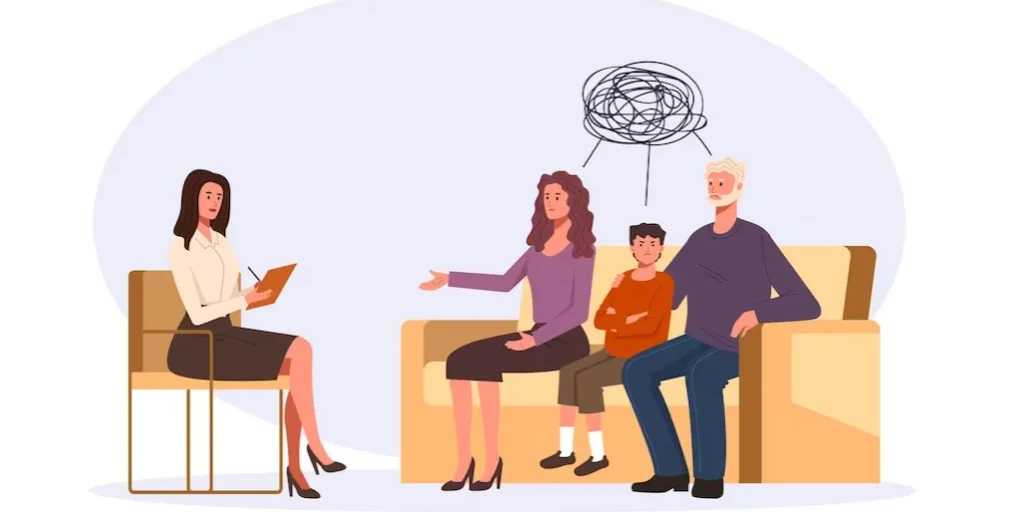24/7 Helpline:
(866) 899-221924/7 Helpline:
(866) 899-2219
Learn more about Partial Hospitalization Program centers in Chewelah
Partial Hospitalization Program in Other Cities

Other Insurance Options

CareSource

Sliding scale payment assistance

Providence

BlueCross

Magellan Health

Carleon

Health Partners

Ambetter

Medical Mutual of Ohio

Lucent

Ceridian

PHCS Network

MVP Healthcare

Group Health Incorporated

Excellus

Horizon Healthcare Service

MHNNet Behavioral Health

Kaiser Permanente
Beacon

UMR


Northeast Washington Counseling Service
Northeast Washington Counseling Service is a public rehab located in Chewelah, Washington. Northeast...

NorthEast Washington Alliance Counseling Services
NorthEast Washington Alliance Counseling Services - Hawthorne Avenue is a diagnostic and treatment c...



























































































































































































































Crisis Intervention Counseling
Crisis Intervention Counseling is a private rehab located in Colville, Washington. Crisis Interventi...

AA – Alcoholics Anonymous
AA – Alcoholics Anonymous is a non-profit rehab located in Colville, Washington. AA – Alcoholics Ano...

Spokane Tribe Behavior Health Agency
Spokane Tribe Behavior Health Agency is a public rehab located in Wellpinit, Washington. Spokane Tri...
































































